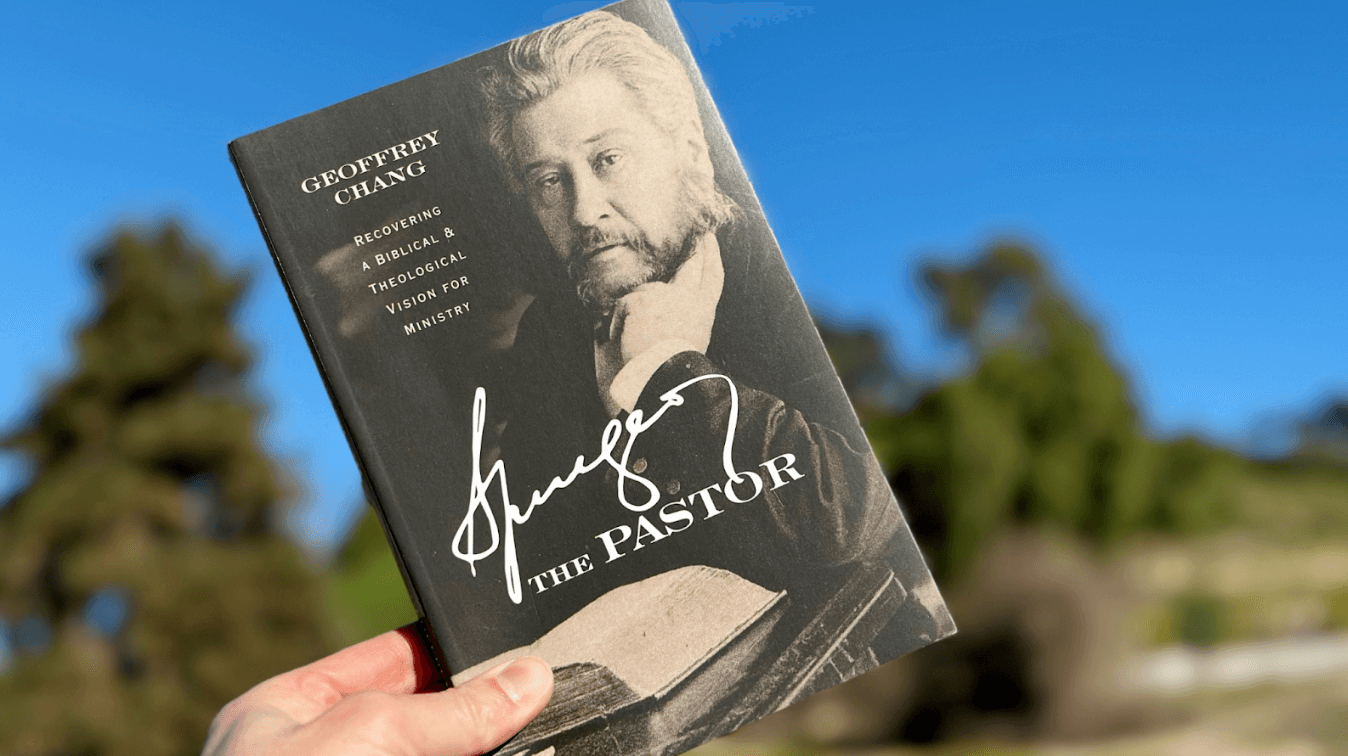How did the Prince of Preachers serve as a pastor? In Spurgeon the Pastor, Geoffrey Chang helps recover a biblical and theological vision for ministry.
The Prince of Preachers
This book acts as a kind of biography for Charles Spurgeon. Chang serves as assistant professor of Church History and Historical Theology and the curator of the Spurgeon Library at Midwestern Baptist Theological Seminary — and it is clear that he knows him intimately.
While many look to Spurgeon as a model preacher and theologian, Chang finds value examining his role as a pastor of a local church. At just over 250 pages, he writes with pointedness and proficiency. Chang first looks at Spurgeon’s preaching traits: (1) prepared, (2) extemporaneous, (3) expositional, (4) theological, (5) simple, (6) evangelistic, and (7) dependent. I found two goals for my own preaching, praying for faithfulness and revival.
Corporate Worship, Elders, and Deacons
By examining Spurgeon’s convictions on corporate worship, he defines the regulative principle of worship as Christ alone being the lawmaker of the church and ordering everything according to his word. Spurgeon is also seen to place a high priority on prayer. His Monday prayer meetings were not to be missed.
I was most interested to see how Spurgeon viewed elders and deacons in his church. Elders looked after the spiritual needs of the church, while deacons were devoted to the practical needs of the church. To all church officers, Spurgeon says: (1) beware of missing out on the Gospel, (2) see the spiritual nature of your work, (3) be examples to the flock, (4) cultivate contentment in your work, and (5) depend on Christ — it is his church, after all!
A Powerful Vision for Ministry
I was most pleased to see that Spurgeon had a soft spot for children and youth ministry, and he also felt a responsibility for raising up preachers. Christian education and small groups were the primary means of reaching the younger generation. Spurgeon encouraged all to practice preaching and see how the Lord would use them. I am left with the impression that Spurgeon did not fear irrelevancy and was not scared of losing the spotlight.
Chang charges his readers at the end of each chapter, noting how Spurgeon’s practices still apply today. At the conclusion of the book, Chang paints a picture of Spurgeon not as a champion but as one who has been challenged. He is a man who endured suffering and heartbreak but still remained faithful. Inspiring and timely — this book will leave local church pastors with a powerful vision for ministry.
I received a media copy of Spurgeon the Pastor, and this is my honest review.
Editor’s Note: Spurgeon the Pastor was featured on SOLA Network’s The Best Christian Books by Asian American Authors in 2022. Find more book recommendations at the link.

